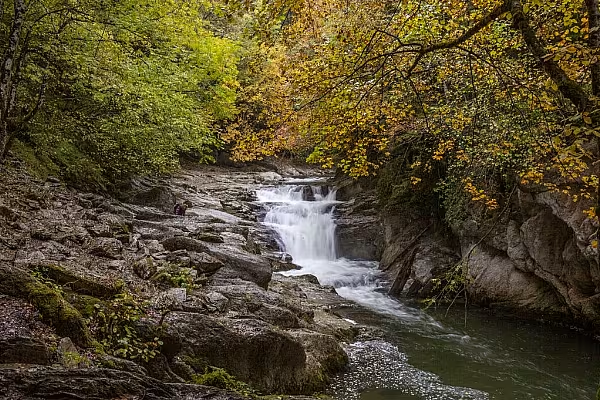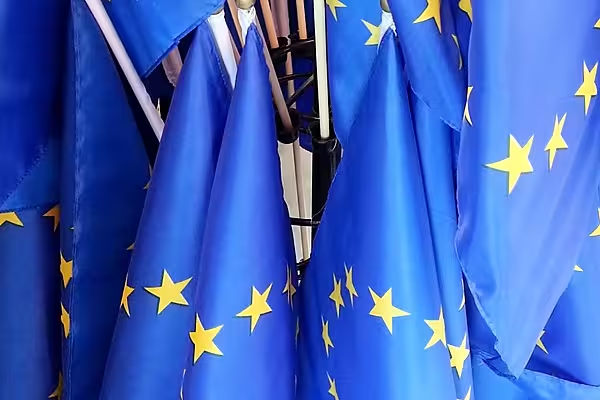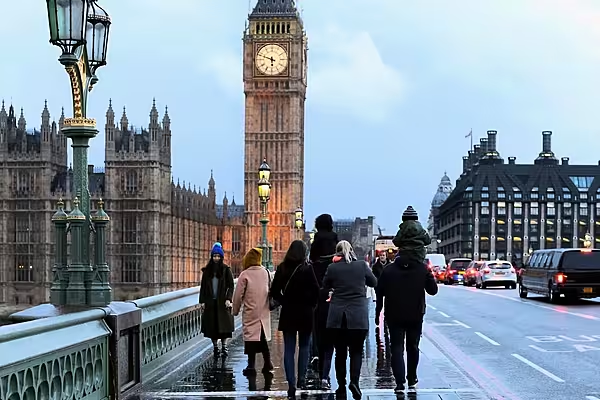The Nature Restoration Law, which has been given the go ahead by the Council of the European Union, will help to ensure food security, access to clean water, and improve consumer health, the World Resources Institute (WRI) has said.
On Monday, the Council gave the green light to the regulation, which seeks to put measures in place to restore at least 20% of the EU’s land and sea areas by 2030, and all ecosystems in need of restoration by 2050.
'A Pivotal Victory'
Commenting on the passing of the Nature Restoration Law, Janneke de Vries, director EU Partnerships at the World Resources Institute said, “Today marks a pivotal victory for Europe’s people, nature and climate alike. We now have a law in place to protect the environment, to underpin healthy ecosystems for our food security, to safeguard clean water, preserve our health and to protect us against extreme weather."
The new legislation establishes specific, legally binding targets and obligations for nature restoration across various ecosystems, including terrestrial, marine, freshwater, and urban environments. It also aims to mitigate climate change and address the impact of natural disasters.
Biodiversity Targets
“Following four years of divisive political debate, the law’s passage will establish ambitious climate and biodiversity targets and position the EU as a global leader on climate issues," de Vries added.
"We must now follow up with rapid action. Much of Europe is facing biodiversity collapse and the EU must ensure it meets international commitments, including those made at the Biodiversity COP15”.
The new rules aim to restore degraded ecosystems across EU member states' land and sea habitats, supporting the bloc's climate mitigation and adaptation goals while enhancing food security.
The regulation mandates that member states establish and implement measures to collectively restore at least 20% of the EU’s land and sea areas by 2030.
'Duty To Respond'
"There is no time for a break in protecting our environment," commented Alain Maron, Minister for Climate Transition, Environment, Energy and Participatory Democracy of the Government of the Brussels-Capital Region. "Today, the Council of the EU is choosing to restore nature in Europe, thereby protecting its biodiversity and the living environment of European citizens.
"It is our duty to respond to the urgency of the collapse of biodiversity in Europe, but also to enable the European Union to meet its international commitments. The European delegation will be able to go to the next COP with its head held high."














